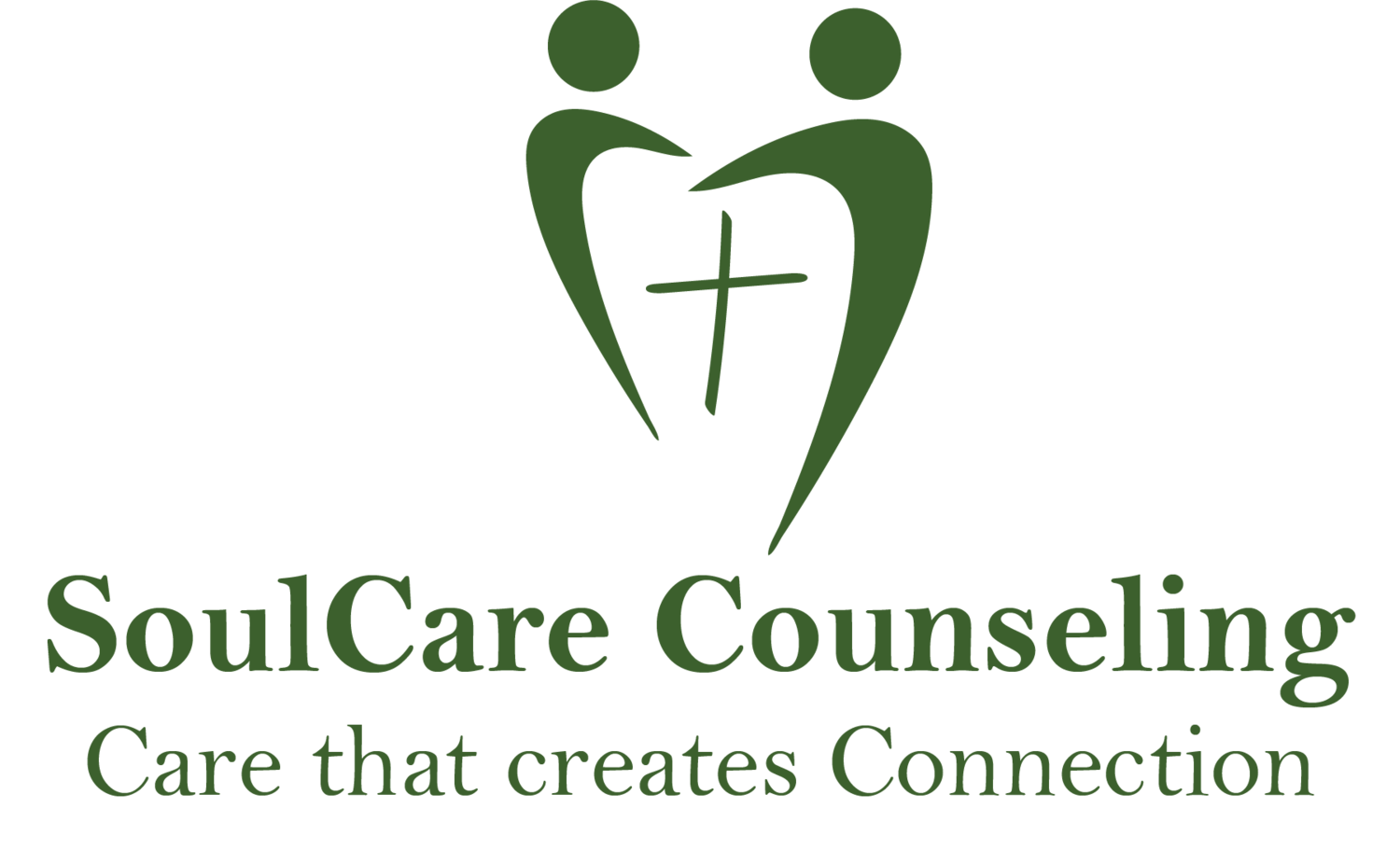Why Men Hide Their Depression
According to the National Institutes of Mental Health, more than six million men in the U.S. struggle with depression each year. Yet the American Psychological Association reports that men are less likely than women to seek help for all mental health problems, but especially depression. Men tend to suffer in silence or self-medicate with alcohol or drugs rather than getting treatment. Why is this so?
5 Reasons Why Men Hide Their Depression
Men hide their depression or disregard/ignore their depression symptoms for several reasons, but here are the main five reasons:
Men may not recognize the symptoms of depression.
Women are much more tuned in to their feelings and therefore more likely to recognize signs of depression and seek help. Men tend to suppress their feelings and not allow themselves to cry or feel sad, making it less likely that they will notice signs of depression and seek help.
Men are taught to see depression as just part of a man’s life.
A 2014 study in the American Journal of Psychiatry reports that men are less likely to seek help if their depression is linked to disappointment or failure in their career, which is one of the risk factors of depression for men along with drug abuse and financial/legal stresses. But men are taught that these stresses are just part of the job and “toughing out” these kinds of stresses is a sign of strength while admitting that they “can’t handle it” and need help is a sign of weakness.
Men often see symptoms of depression as signs of weakness.
Sadness, heaviness, crying, feeling helpless, having difficulty sleeping, and so forth are not manly. “John Wayne didn’t cry.” In the same way that drive in the wrong direction for hours rather than ask directions, men will tough out the symptoms of depression rather than appear weak by asking for help. Along with this, women are 70 percent more likely than men to have depression, and men may see a disposition to depression as a female problem, and thus not want to admit to having a “female problem.”
Men might worry about a social stigma.
There are some professions in which a man’s job would be at risk if it was known he was suffering from depression. Society tends to see people with depression as unreliable or “broken” in some way, which causes people with depression to feel shame and become secretive about it.
Depression affects men differently than women.
Women have more traditional symptoms of sadness, heaviness, and worthlessness that are well-known in our culture, but men are more likely to experience anger, irritability, and engagement in risky behaviors, which are not well-known in our culture as signs of depression. If men are associating depression with the symptoms that occur in women, they will not rule out depression as a possibility for themselves.
Many Men Hide Their Depression,
Yet Getting Treatment Is Critical For Men
When men hide their depression and consequently are not treated for their depression, they experience real problems like anger, aggression, and self-medicating with drugs and alcohol (which makes the condition worse). Men are also more likely to commit suicide. Women talk about suicide more than men, but men commit suicide more than women. Men are four times more likely than women to die of suicide. And men use more violent means of suicide such as shooting or hanging.
If you think that you might be struggling with depression, I urge you to take it seriously. It is not a weakness. It is not a “female problem.” It won’t get better by itself. It doesn’t matter how tough you are, it is tougher than you. Just like you wouldn’t ignore a broken arm, don’t try to ignore the signs of depression. There is hope. There is help.
I urge you to read more about depression treatment, and then reach out to us at SoulCare Counseling for a free, no-obligation thirty-minute consultation.
Dr. Bernis Riley holds a Doctor of Psychology degree, is a Licensed Professional Counselor – Supervisor, and is certified in Emotionally Focused Therapy. She is the Clinical Director/Supervisor at SoulCare Counseling, and is currently accepting new clients.



